Search
Remove Ads
Advertisement
Summary 
Loading AI-generated summary based on World History Encyclopedia articles ...
Search Results
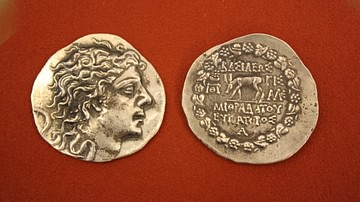
Article
Mithridates’ Poison Elixir: Fact or Fiction?
King Mithridates VI of Pontus, also known as Mithradates VI Eupator Dionysus and Mithridates the Great (135–63 BCE, r. 120-63 BCE) was a dogged Roman foe for much of his life. In 88 BCE, he orchestrated the mass killing of up to 150,000 Roman...
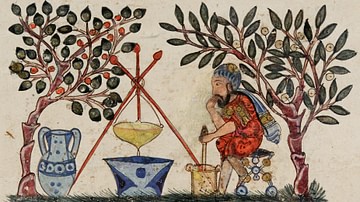
Image
Physician Preparing an Elixir from De Materia Medica
Depiction of a physician preparing an elixir. Illustration from a folio of an Arabic translation of the 1st Century CE Greek medical text De Materia Medica. Iraq, 1224 CE. Ink, opaque watercolor, and gold on paper. (Courtesy of the Metropolitan...
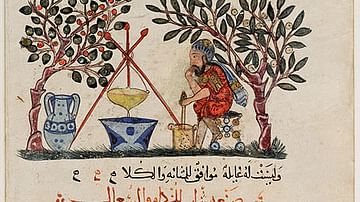
Image
Ancient Mesopotamian Pharmacist Prepares Elixir
An Arab folio on which is depicted a pharmacist preparing an elixir. From the manuscript of the De Materia Medica by Dioscorides, 1st century CE. Metropolitan Museum of Art, New York

Definition
Qin Dynasty
The Qin Dynasty (221-206 BCE) was the first dynasty of Imperial China (defined as the era of centralized, dynastic government in China between 221 BCE and 1912 CE) which united the separate states following the Warring States Period (c. 481-221...

Definition
Tang Dynasty
The Tang Dynasty (618-907 CE) was one of the greatest in Imperial Chinese history. It was a golden age of reform and cultural advancement which lay the foundation for policies which are still observed in China today. The second emperor, Taizong...
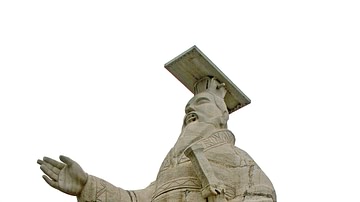
Definition
Shi Huangdi
Shi Huangdi (l.259-210 BCE/r.221-210 BCE, also known as Qin Shi Huang, Qin Shih Huandi, Shi Huangti or Shih Huan-ti) was the first emperor of a unified China. Shi Huangdi means `First Emperor' and is a title, not a proper name. The Qin Dynasty...
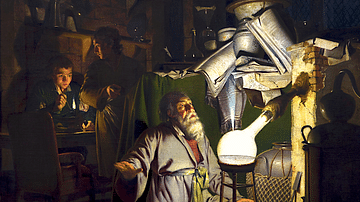
Definition
Alchemy
Alchemy is an ancient practice aimed at recreating precious substances using recipes and transformative materials such as the philosopher's stone. Alchemists believed that materials like gold, silver, gems, and purple dye could be recreated...
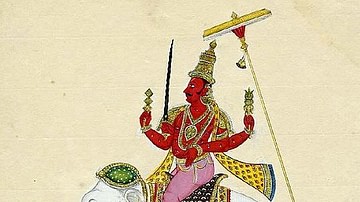
Definition
Indra - The Vedic Religion's Greatest God
The anthropomorphic god Indra was the most important god in the Vedic religion and he later became a major figure in Hinduism and an important deity in Buddhism, Cham and Chinese tradition. For the Aryas he was their national god and he was...

Definition
Ancient China
Ancient China produced what has become the oldest extant culture in the world. The name 'China' comes from the Sanskrit Cina (derived from the name of the Chinese Qin Dynasty, pronounced 'Chin') which was translated as 'Cin' by the Persians...
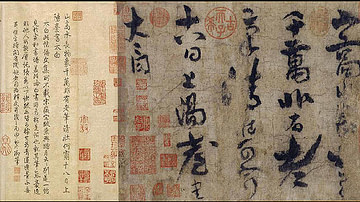
Definition
Chinese Literature
Chinese literature is among the most imaginative and interesting in the world. The precision of the language results in perfectly realized images whether in poetry or prose and, as with all great literature, the themes are timeless. The Chinese...